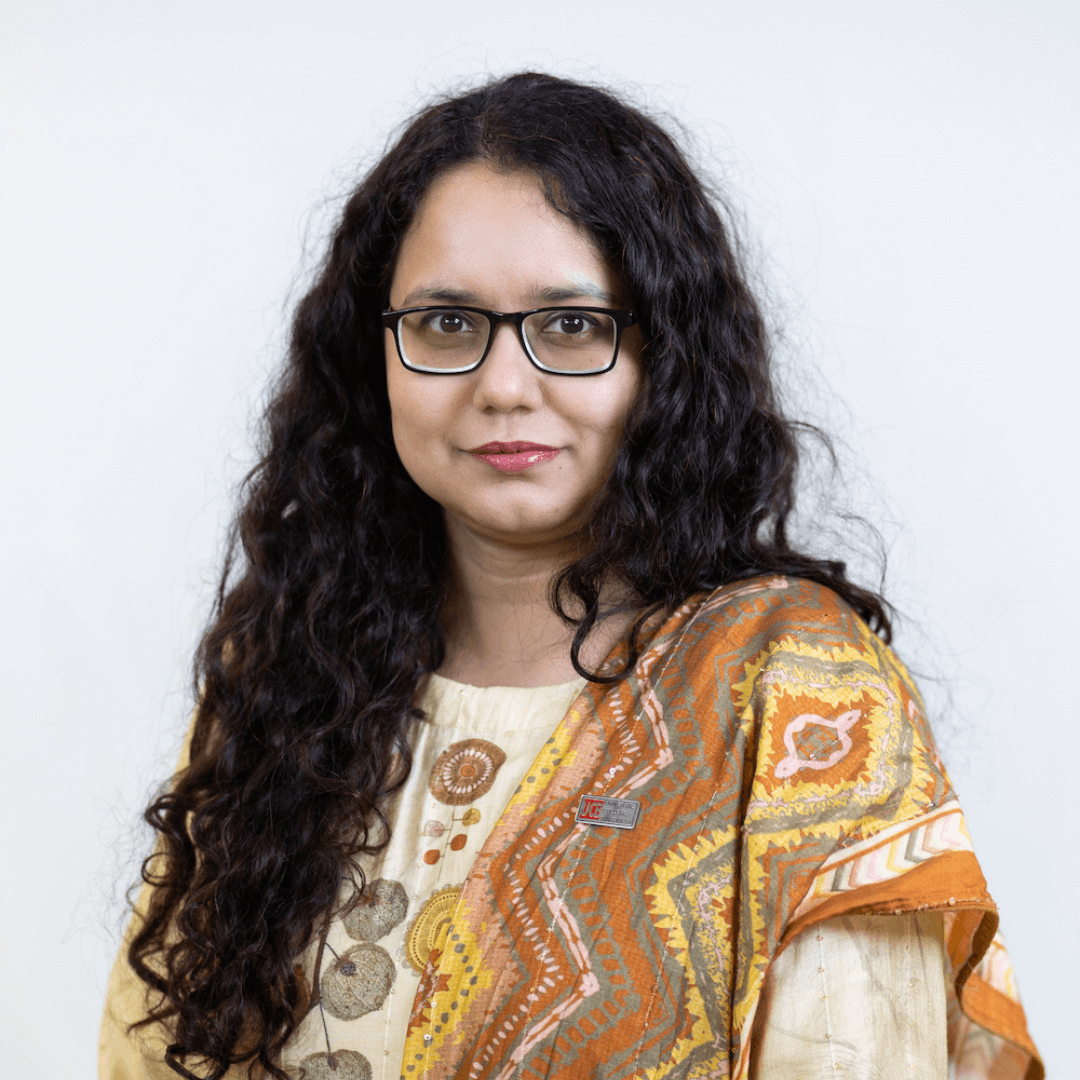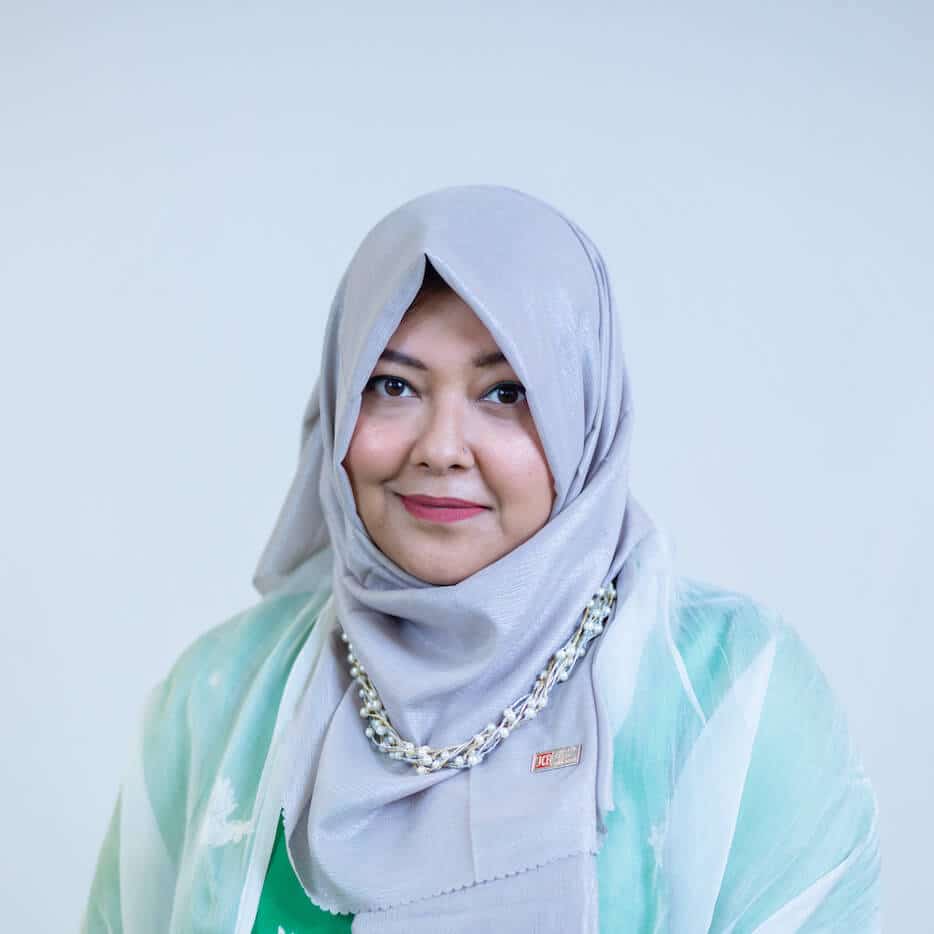
The MCD of Business is your first step towards completing your Monash Business or Commerce degree. You’ll learn how to work independently, think critically and make analytical decisions, while being introduced to the business concepts and theory you’ll need for University.
You can choose your area of specialisation from day one – better preparing you for your Monash degree. There are two streams to choose between:
Business stream – popular with students who are interested in a Business degree majoring in banking and finance, marketing or accounting. Students are also able to choose a specialist degree such as a Bachelor of International Business where they will learn to operate in international business settings and gain the skills required to do business in different countries and environments.
Commerce stream – requires a higher level of mathematics and leads to majors in areas such as economics, finance, actuarial studies and accounting.
In part 2 you’ll study the same subjects as first-year University students and develop your specialist knowledge of business or commerce.
Introduces the way in which law impacts on business.
The aim of this unit is to provide students with the knowledge and skills to make effective use of mathematical ideas, techniques and processes in both business and everyday life.
This unit is designed to provide skills in data analysis and statistical processes as applied to business and basic business computations and techniques.
As a foundation, this unit introduces students to the concepts of finance, financial mathematics, investment analysis, the financial system, risk management and the relationship of finance to other commercial disciplines.
The focus of this unit will be on the behavior of functions and examining some of their applications to the real world. The way that functions will be introduced is by individually describing the characteristics of families of different function types (linear, polynomial, rational, exponential, logarithmic and trigonometric). The composition of functions through possible combination of different types of component functions will also be investigated. Other operations on functions such as transformations via shifting, scaling and reflection will be presented, along with the existence and meaning of inverse functions. This initial part of the course will then be used to provide a foundation for examining the rate of change of a function. Principally this involves defining the elementary principles of differential calculus and then utilising these with respect to the types of functions mentioned above. As a final topic an introduction to integral calculus is presented.
This unit provides students with an introduction to financial accounting guided by the Conceptual Framework and Accounting Standards. Emphasis is placed on accounting processes, practices and policies that enable financial statements to be prepared. Students will integrate theoretical and technical knowledge learned and exercise judgement to explore accounting issues.
This unit is designed to develop students’ comprehension of communication issues within organisational settings and their capacity as professionals to communicate effectively particularly in job interviews situations.
This unit is designed to develop an understanding of how organisations are managed and to enable the application of analytical skills to a range of managerial and organisational issues.
The purpose of Microeconomics Unit is to provide students with a good understanding of how individuals and firms make rational decisions when faced with scarcity. The key topics we study include demand, supply and market equilibrium, efficiency of the free market, market failure, profit maximising decisions in different market structures, and consumer choice and behavioral economics.
Marketing faces ongoing challenges and opportunities in the ever-changing changing world of business. This unit introduces you to the broad discipline of marketing through a blended learning module. The unit will also demonstrate the practical application of the theories and concepts covered in the subject. It will also provide you an opportunity to apply these concepts to situations and market offers.
This unit is designed to develop an understanding of the reasons why consumers behave in a certain way and how marketing can use this knowledge.
Introduction to Marketing is designed to introduce students to key marketing concepts through a case-based learning structure in a collaborative learning environment. Students will be introduced to cases on a weekly basis, which they will examine in context to the week’s topic. Students will develop an understanding of marketing’s role within an organization. Within this unit students can expect to learn effectively and efficiently within a collaborative learning environment. Students are expected to complete weekly assessed tasks before the start of the week. The unit is also designed to reward students for this active participation in their learning. So attendance and participation is important in achieving high results.


Lecturer

Lecturer

Senior Lecturer

Senior Lecturer



Lecturer

Senior Lecturer

Senior Lecturer
Ms Farin Daula is working as a senior lecturer at UCB. She is a trained education professional from the UK and has a degree in Education and English from University of Surrey, UK. She also holds a Master’s in management from Westminster University, UK. Ms Farin received her teacher training at the department of Continuing Education, University of Oxford, UK. Ms Farin is the founder of the education platform, One Circle. She is a certified mental health first aider and a life coach. She has extensive experience in the life-skills education sector, working in various schools and non-profit organizations in London and Dhaka. She is the author of the Tara and Joy children’s book series. The first book of this series called “Tara and Joy: Body Safety” is available now both in Bengali and English version.

Senior Lecturer

Assistant Professor
Dr. Sadia Afreen is an assistant professor at the Universal College Bangladesh (UCB). She completed BSc in Chemical Engineering from Bangladesh University of Engineering & Technology (BUET). She obtained her PhD from the University of Nottingham and then completed her postdoctoral research at Nanjing University in the field of chemical engineering. Her research expertise is in applied chemistry and nanotechnology. She has significant publications in her areas of research, and she contributed as a journal reviewer to prestigious journals in her fields of expertise. She earned the Postgraduate Student Teachers Certificate during her postgraduate study at the University of Nottingham. She worked in the hall committee, conference committee at the University of Nottingham; teaching and learning subcommittee, and program coordinator in the Monash College MCD program at UCB. She worked in industry and had several engineering and research training at home and abroad.

Professor & Dean of Academic Affairs
